Adults with autism are at risk for host of health problems
Adults with autism are at an increased risk for diabetes, depression and a number of other health problems, suggests a large survey of electronic health records.

Adults with autism are at an increased risk for diabetes, depression and a number of other health problems, suggests a large survey of electronic health records.
Home videos may ease social deficits in babies, and a supplement maker is scolded over autism claims.
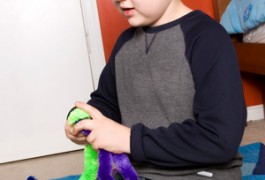
Deletion or duplication of 16p11.2, a chromosomal region linked to autism, may trigger symptoms via the interactions of genes both within and outside the region at a key point in development. Researchers presented these preliminary results Sunday at the 2014 American Society of Human Genetics Annual Meeting in San Diego.

Children and adolescents with autism are more likely to be overweight or obese than their typically developing peers, finds a large survey published in Academic Pediatrics.
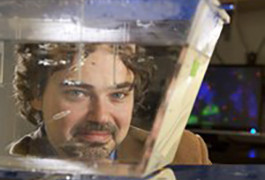
Cell biologist Nicholas Katsanis explains why zebrafish have been key in studying a chromosomal region linked to autism.
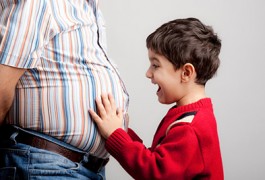
The children of obese fathers may be at a 53 percent higher risk of autism than children whose fathers are a healthy weight, reports a large Norwegian study published 7 April in Pediatrics.
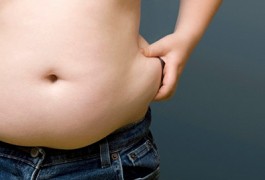
Adding to the complications of autism, overweight and obese children with the disorder are prone to a host of other troubles, including depression, anxiety and sleep problems, reports a study published 2 February in the Journal of Autism and Developmental Disorders.

Teenagers with autism or other psychiatric disorders are far less likely to exercise or play team sports than their typical peers, reports a Norwegian study published 22 January.

Mutations in a single gene in 15q11.13 — a chromosomal region linked to multiple neurological disorders — may increase the risk of autism, according a study published in November in Nature Genetics.
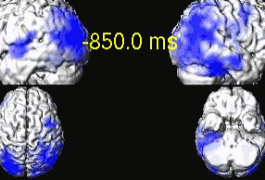
Deletion and duplication of the 16p11.2 chromosomal region have opposite effects on brain size, but produce similar alterations in the brain’s processing of sound. Researchers reported these and other unpublished findings at the 2013 Society for Neuroscience annual meeting in San Diego, painting a complex picture of the region’s role in autism.